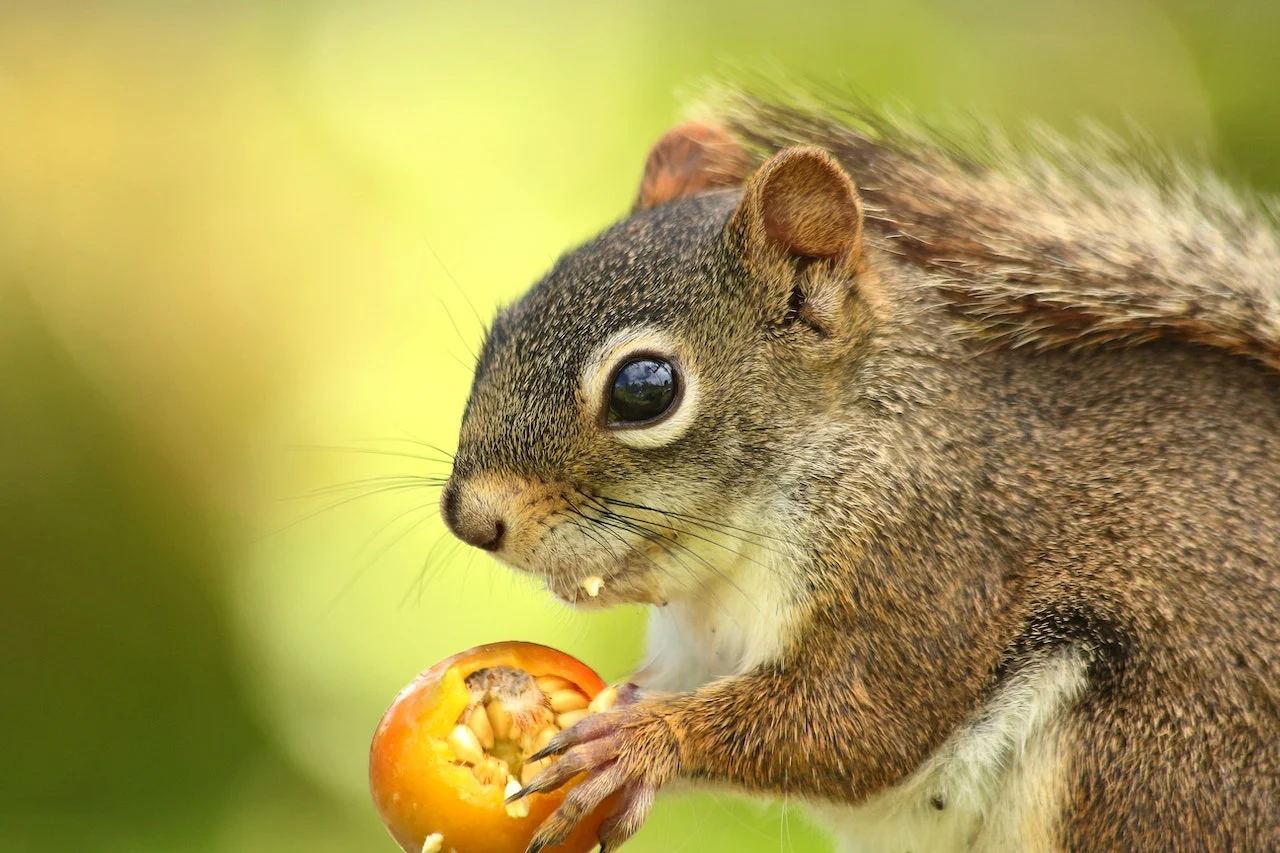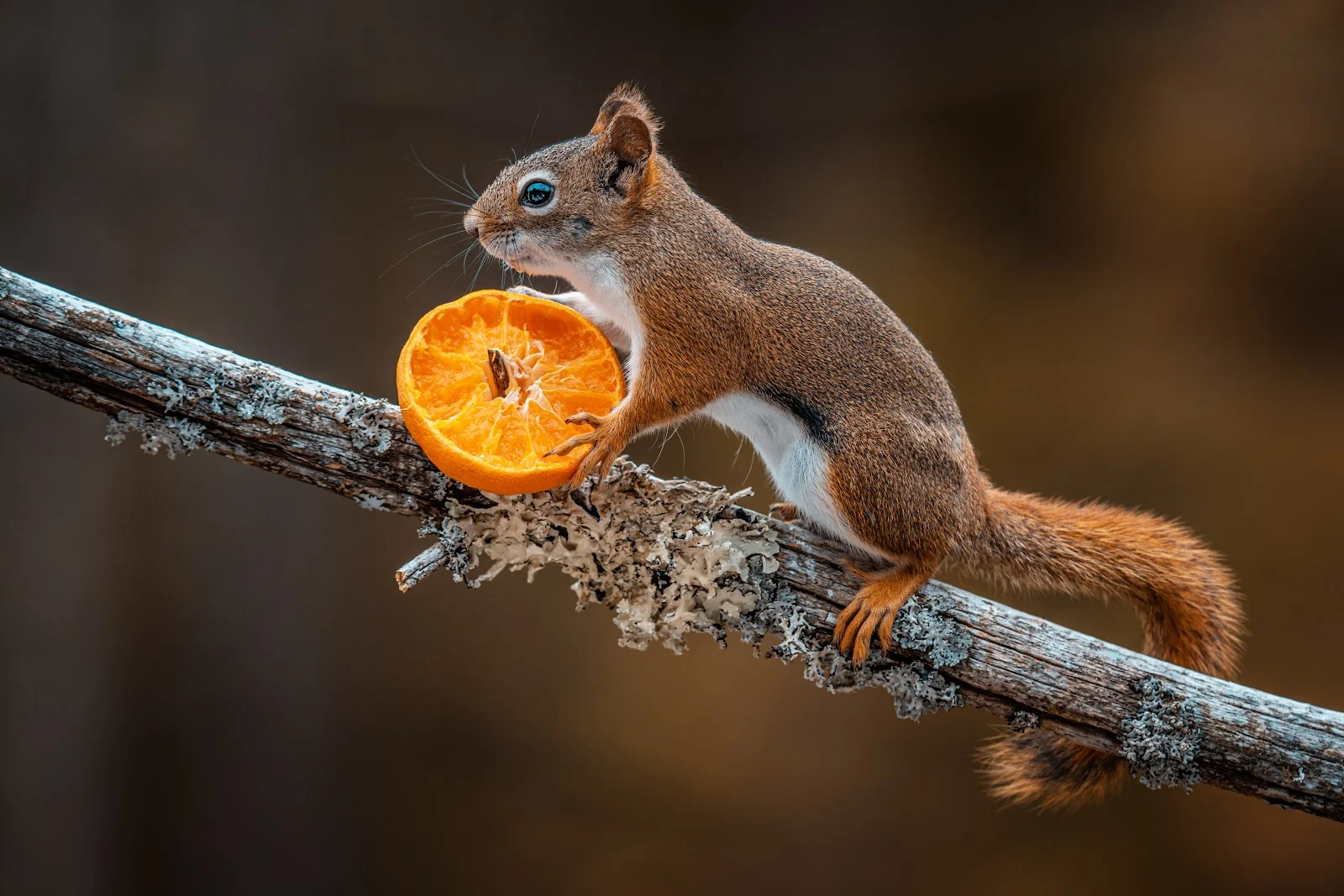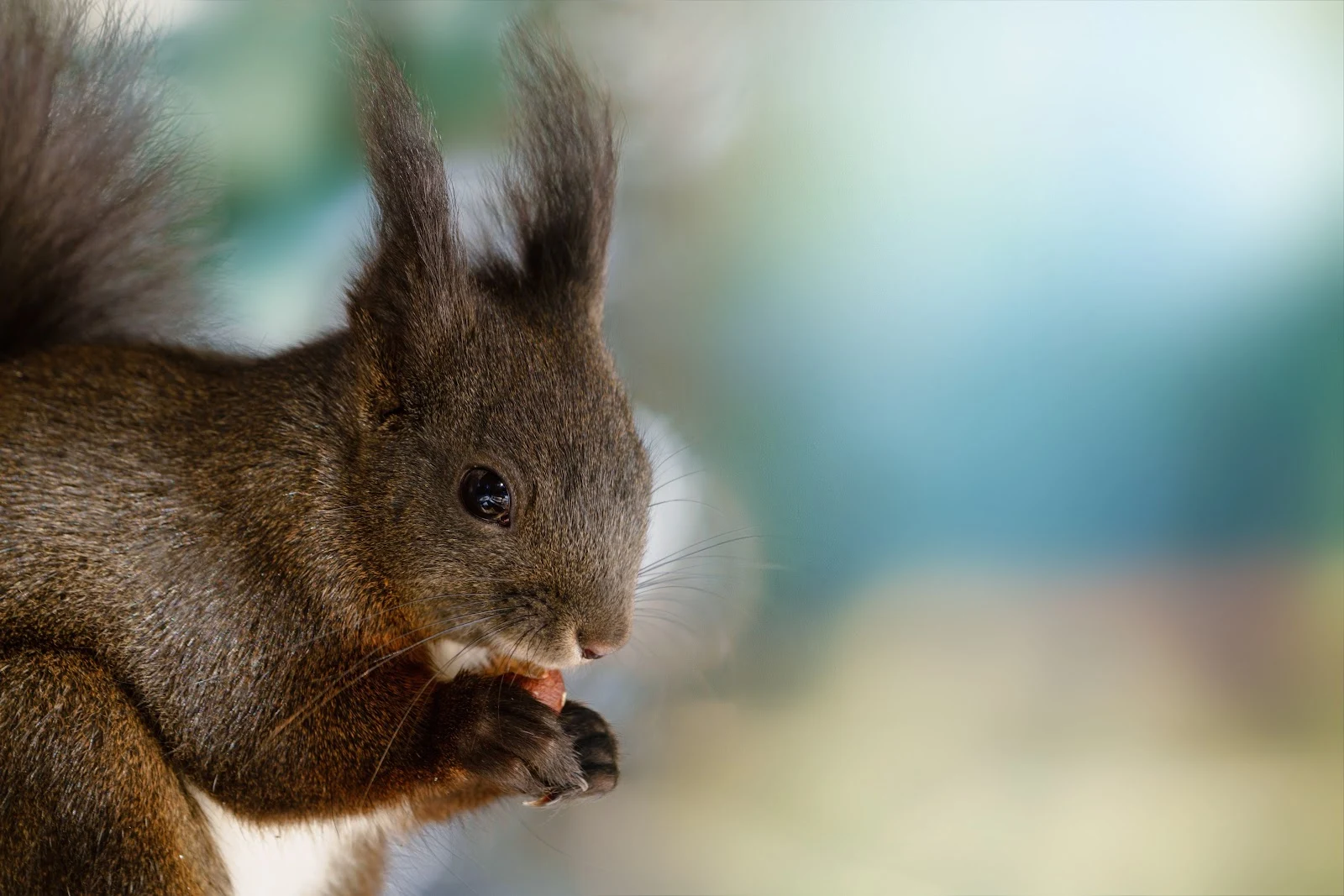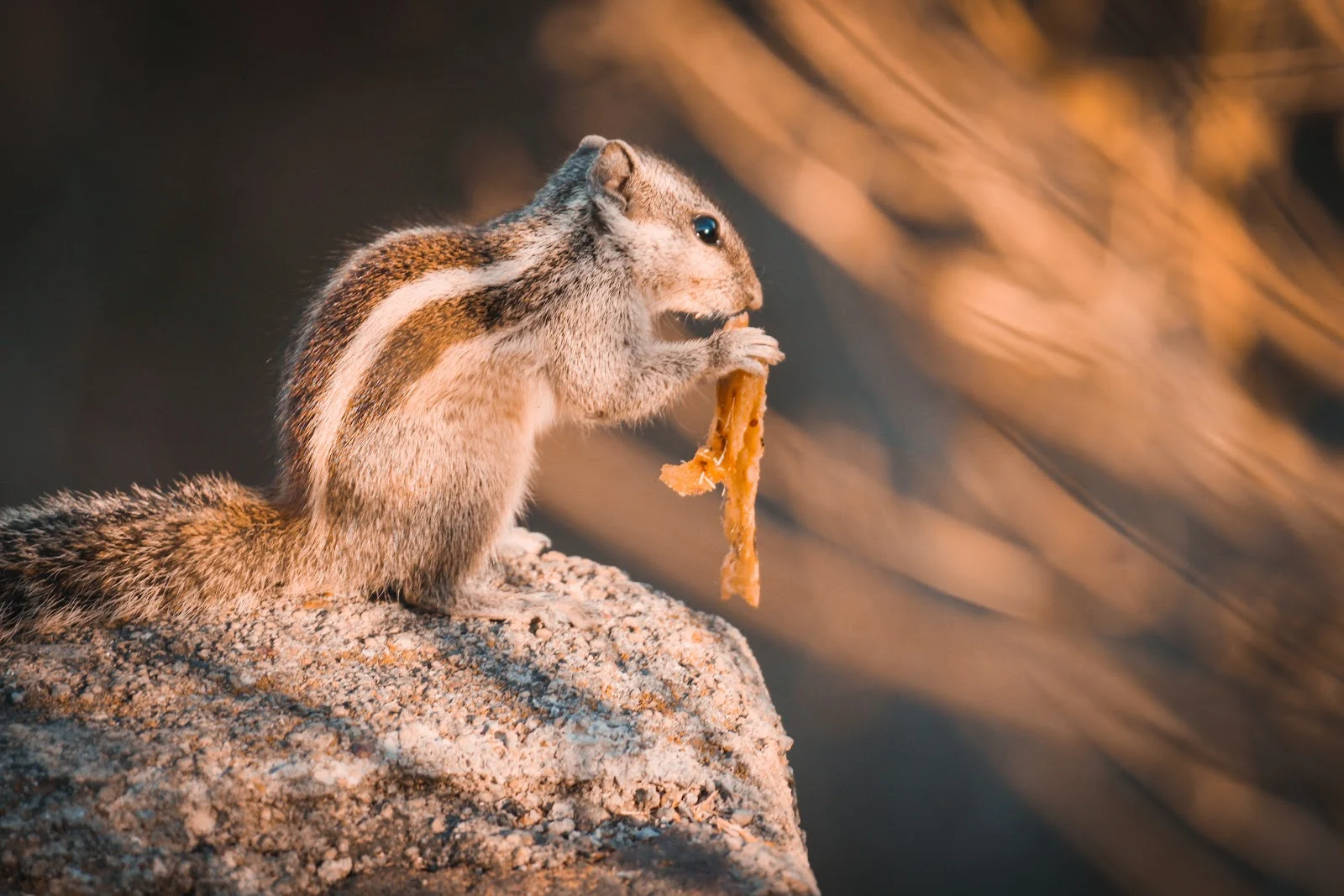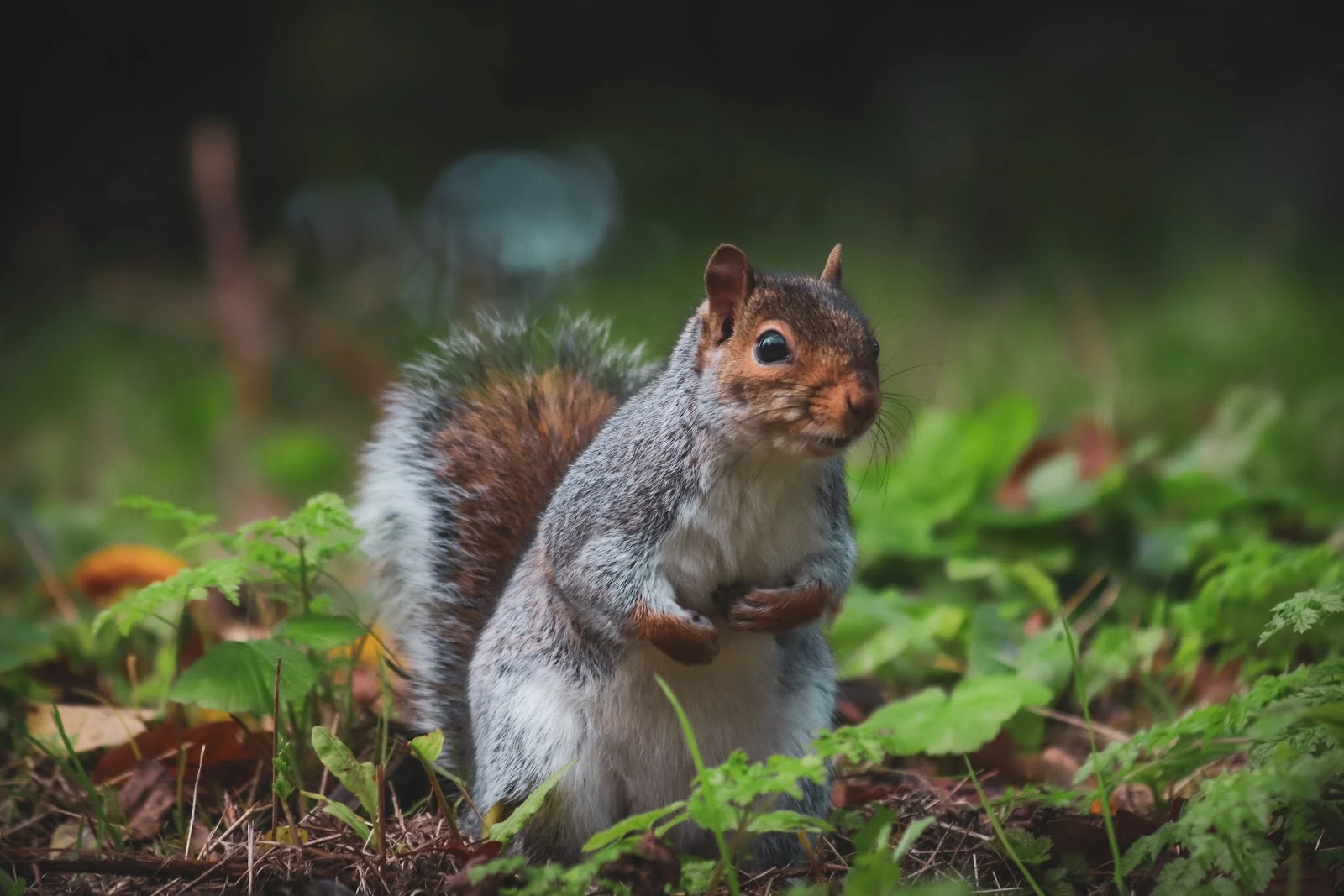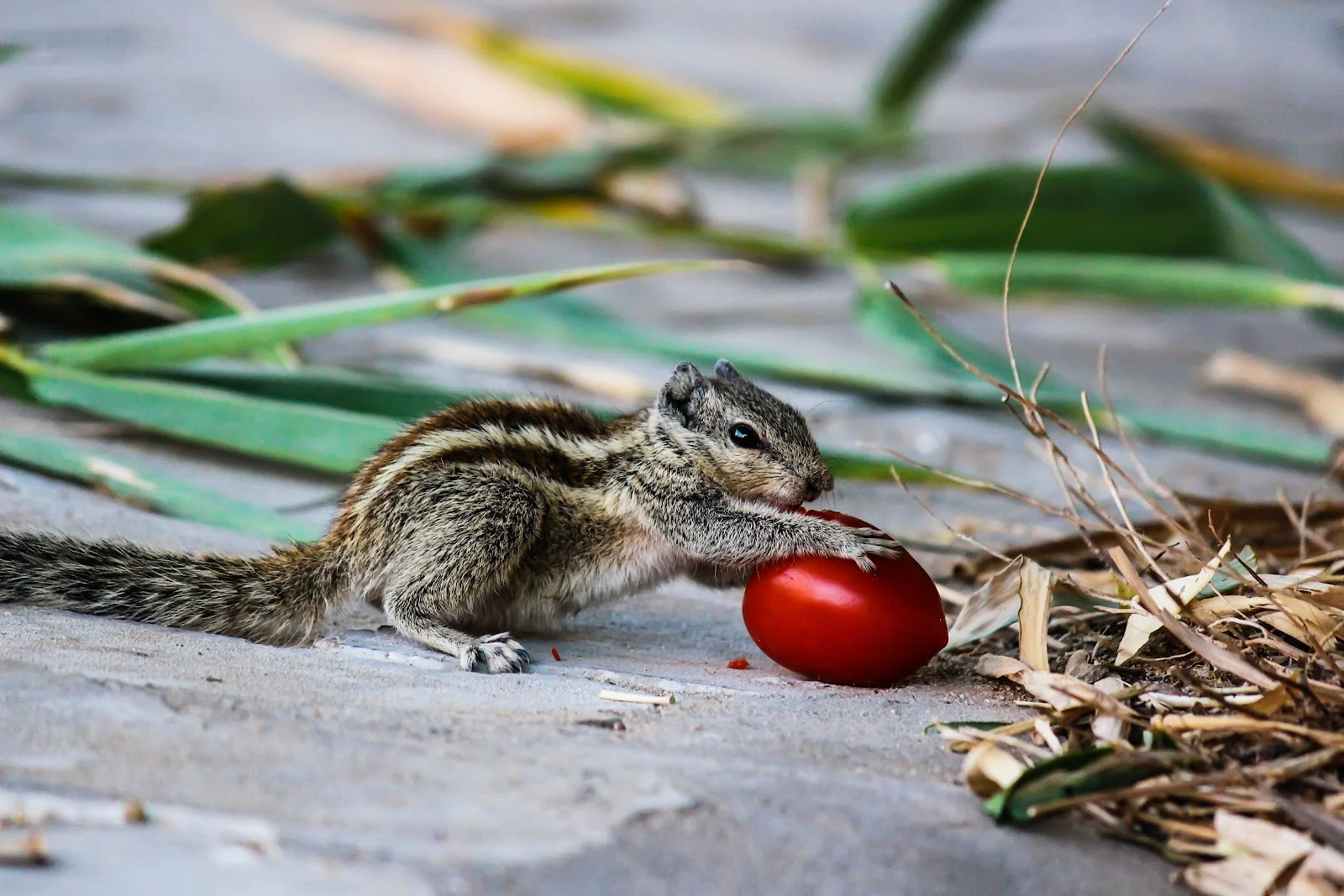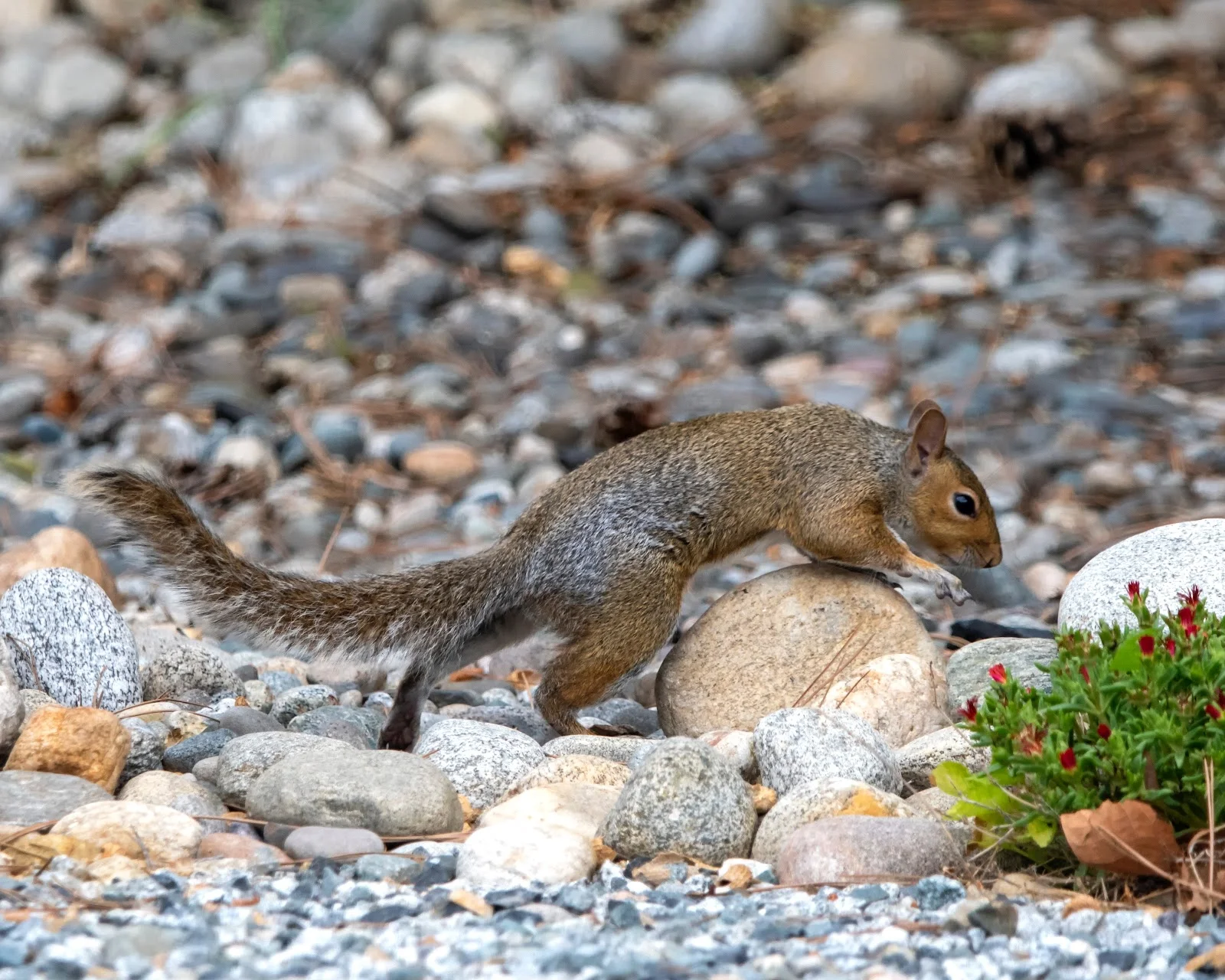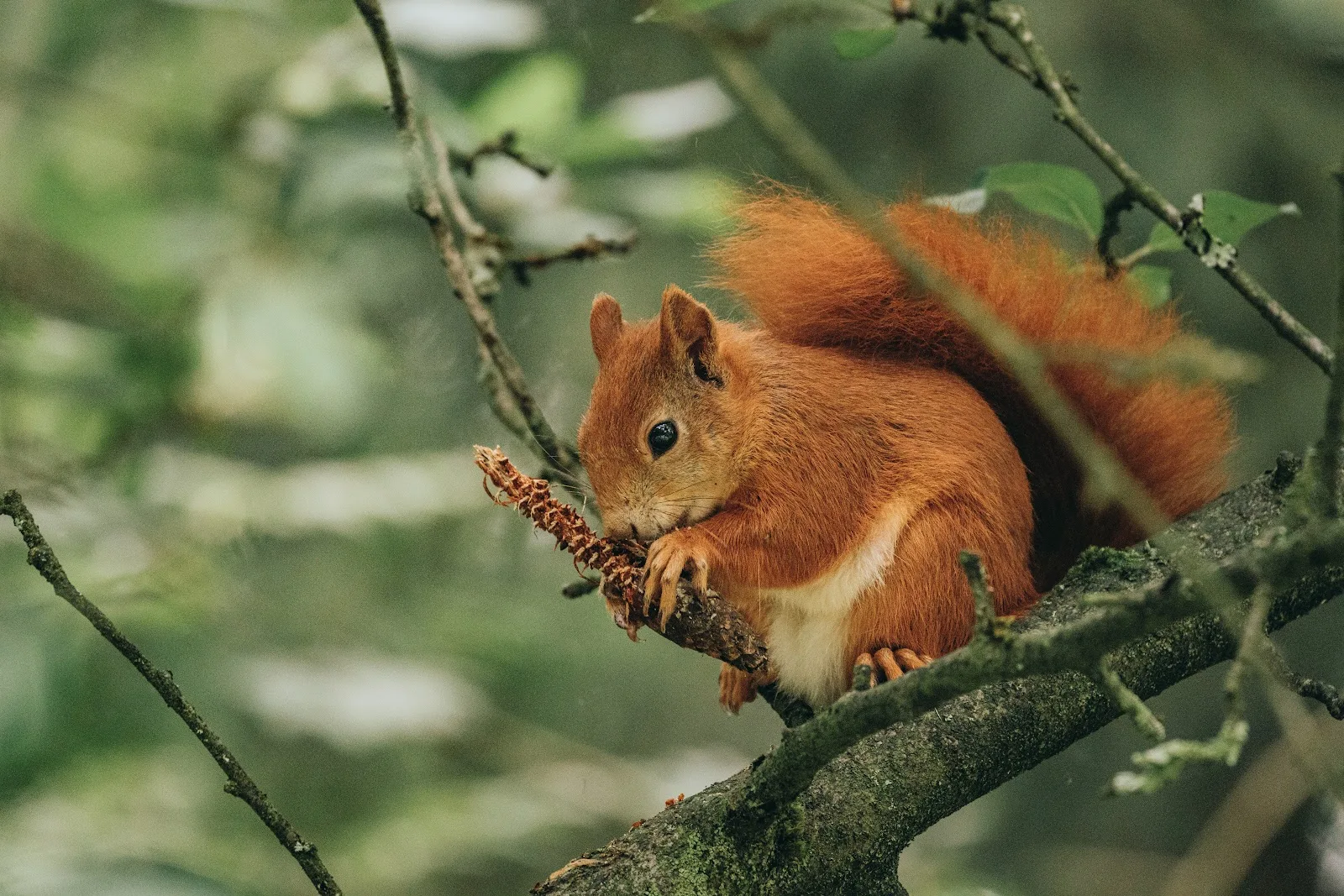Protecting Your Tomato Plants from Squirrels: What Works and What Doesn't
By Abu Rizal at: February 15, 2023
Tomato plants are a popular target for squirrels, who are known for their love of fresh and juicy fruits.
While squirrels may be cute and entertaining to watch, they can also cause significant damage to tomato plants, resulting in a lower yield of fruit or even the loss of the entire crop.
To protect tomato plants from squirrels, there are a variety of methods that gardeners can use.
Some methods, such as fencing and netting, are effective at physically blocking squirrels from accessing the plants.
Other methods, such as using repellents or offering alternative food sources, are designed to deter squirrels from eating tomatoes. However, not all methods are equally effective, and some may even be counterproductive.
For example, while some gardeners may try to scare squirrels away using loud noises or fake predators, these methods are often ineffective and can cause unnecessary stress to the squirrels.
Additionally, some repellents may contain harmful chemicals that can be toxic to both squirrels and humans.
It is important for gardeners to choose methods that are humane and effective, and that do not cause unnecessary harm to squirrels or other wildlife.
By using safe and effective methods, gardeners can protect their tomato plants from squirrels and enjoy a bountiful harvest of delicious, juicy tomatoes.
I. Introduction
A. Overview of Squirrels
Squirrels are small, agile rodents that belong to the family Sciuridae. They are widely distributed across the world and are found in a variety of habitats, including forests, parks, and suburban areas.Squirrels are known for their bushy tails, sharp claws, and ability to climb trees and buildings with ease.
There are several species of squirrels, including grey squirrels, red squirrels, and fox squirrels.
B. Common Squirrel Diet
Squirrels are omnivores, which means they eat a variety of foods, including plants and insects. The exact diet of a squirrel depends on its species and the availability of food in its habitat.However, some common foods that squirrels eat include nuts, seeds, fruits, berries, insects, and eggs.
Squirrels are known for their ability to store food for later consumption, and they often hide their food in various locations, such as hollow trees, birdhouses, and burrows.
In addition to their natural diet, squirrels can also be attracted to human-made food sources, such as birdfeeders, gardens, and trash cans.
Squirrels have been known to eat a variety of human-made foods, including bread, cereal, and pet food.
It is important to be mindful of the foods that squirrels are eating, as some human-made foods can be harmful to their health.
II. Squirrels and Tomatoes
A. Squirrels Attracted to Tomatoes
Squirrels are often attracted to tomato plants in gardens, especially during the summer months when the tomatoes are ripe.The juicy, sweet taste of a ripe tomato is appealing to many species of squirrels, and they will often climb onto the tomato plants to reach the fruit.
Some squirrels are also known to dig up and eat the green unripe tomatoes, causing damage to the plant and reducing the yield of the harvest.
B. Eating Habits of Squirrels
Squirrels have a unique way of eating, which involves holding their food with their front paws and using their sharp incisors to bite off pieces.They are known to be very efficient at extracting the seeds and flesh from fruits, including tomatoes.
In addition to eating tomatoes, squirrels will also eat other parts of the tomato plant, including the leaves and stems. This can cause additional damage to the plant and affect its overall health.
Squirrels are opportunistic feeders, and they will eat a variety of foods depending on what is available in their environment.
They have been known to eat from bird feeders, gardens, and even from people's hands.
It is important to be aware of the feeding habits of squirrels, as they can cause damage to gardens and bird feeders and potentially carry diseases that can be transmitted to humans and other animals.
III. Are Tomatoes Safe for Squirrels to Eat?
A. Nutritional Value of Tomatoes for Squirrels
Tomatoes are a relatively safe food for squirrels to eat, as they are low in fat and high in water content.They are also a good source of vitamins and minerals, including vitamin C, potassium, and folate.
Squirrels can benefit from eating tomatoes as part of a balanced diet, but they should not be the only food that they are eating.
B. Potential Health Risks of Eating Tomatoes
Although tomatoes are generally safe for squirrels to eat, there are potential health risks associated with consuming them in large quantities.Some of the risks associated with eating too many tomatoes include digestive issues, such as bloating and diarrhea, as well as an upset stomach.
In addition, the stems and leaves of tomato plants contain solanine, a toxic chemical that can cause digestive distress in squirrels.
It is also important to note that squirrels that eat a diet that is high in human-made foods, such as bread and cereal, may not be getting all of the necessary nutrients that they need to stay healthy.
Squirrels that are not eating a balanced diet may be more susceptible to health problems, such as obesity, dental problems, and digestive issues.
In conclusion, while tomatoes can be a safe and nutritious food for squirrels to eat, it is important to limit their intake and ensure that they are part of a balanced diet.
It is also important to be mindful of the potential health risks associated with consuming too many tomatoes and to be aware of the toxic chemicals present in the stems and leaves of tomato plants.
IV. Do Squirrels Prefer Tomatoes Over Other Foods?
A. Comparison with Other Foods
Squirrels have a diverse diet and will eat a variety of foods, depending on what is available in their environment.While they may be attracted to ripe tomatoes, they may also prefer other foods, such as nuts, seeds, or fruits.
The preference for a particular food can vary based on the species of squirrel, the availability of food, and the time of year.
For example, during the fall, squirrels may prefer nuts and seeds over tomatoes, as they are preparing for the winter months.
B. Squirrels' Foraging Behavior
Squirrels are opportunistic feeders and are known to be very adaptable to their environment. They will forage for food in a variety of locations, including birdfeeders, gardens, and trash cans.Squirrels have a keen sense of smell and are able to locate food from a distance.
They are also known for their ability to store food for later consumption, and they will often hide their food in various locations, such as hollow trees, birdhouses, and burrows.
Squirrels will often explore new food sources, such as gardens and birdfeeders, and will continue to return to those sources if they find the food to be appealing. They may also change their preference for food depending on the availability of food in their environment.
For example, during the winter months, squirrels may switch to eating birdseed if their preferred food sources are not available.
In conclusion, while squirrels may be attracted to tomatoes, they do not necessarily prefer them over other foods.
Their preference for food can vary based on the species of squirrel, the availability of food, and the time of year.
It is important to be mindful of squirrels' foraging behavior and to provide them with a variety of foods to ensure that they are getting a balanced diet.
V. Squirrel Damage to Tomato Plants
A. Effects on Tomato Plants
Squirrels can cause significant damage to tomato plants, particularly when they are feeding on ripe tomatoes. They may climb the plants, break off branches, and damage the fruit.In some cases, squirrels can also dig up seedlings or chew through the stems of young plants, causing them to wilt and die.
In addition to the direct damage to the plants, squirrels may also attract other animals, such as birds or rabbits, which can further damage the garden.
Squirrels may also scatter seeds from other plants, leading to the growth of unwanted weeds.
B. Prevention and Control Methods
To prevent squirrel damage to tomato plants, there are several methods that can be used. One effective method is to use physical barriers, such as chicken wire or mesh, to keep squirrels out of the garden.Another option is to use repellent sprays or granules, which contain unpleasant scents or flavors that squirrels do not like.
It is also important to remove any food sources that may be attracting squirrels to the garden, such as fallen fruit or unsecured birdfeeders.
If squirrels are already causing damage to the plants, it may be necessary to take more drastic measures, such as trapping and removing the squirrels.
In conclusion, squirrels can cause significant damage to tomato plants, but there are methods that can be used to prevent or control the damage.
It is important to be proactive in preventing squirrel damage, as the damage can lead to reduced yields and a lower quality of tomatoes.
By using physical barriers, repellents, and removing food sources, gardeners can reduce the impact of squirrels on their tomato plants.
VI. Humane Solutions for Protecting Tomatoes from Squirrels
A. Fencing
Fencing can be an effective way to protect tomato plants from squirrels. A sturdy fence, such as chicken wire or mesh, can be installed around the garden to prevent squirrels from accessing the plants.The fence should be at least 4 feet tall and buried several inches into the ground to prevent squirrels from digging under it.
B. Repellents
Repellents can also be used to deter squirrels from eating tomatoes. There are several types of repellents available, including sprays, granules, and electronic devices.Some repellents contain unpleasant scents or flavors that squirrels do not like, while others emit high-pitched sounds that are unpleasant to squirrels.
C. Netting
Netting can also be used to protect tomato plants from squirrels. A net, made of lightweight mesh material, can be placed over the plants to prevent squirrels from accessing the fruit.The net should be securely attached to the plant supports to prevent squirrels from getting entangled or trapped.
Netting can be an effective solution for small gardens, but may not be practical for larger gardens.
In conclusion, there are several humane solutions for protecting tomatoes from squirrels. Fencing, repellents, and netting can be used to prevent squirrels from accessing the plants, without causing harm to the squirrels.
Gardeners should choose the solution that best fits their needs, based on the size of their garden and the severity of the squirrel problem.
It is important to use humane solutions to protect tomatoes, as squirrels play an important role in the ecosystem and should be treated with respect and care.
VII. Feeding Squirrels as an Alternative
A. Benefits of Feeding Squirrels
Feeding squirrels can be an alternative solution for gardeners who are struggling with squirrel damage to their tomato plants. By providing squirrels with food, gardeners can distract them from eating tomatoes and reduce the damage to their plants.Additionally, feeding squirrels can be a fun and enjoyable activity for people who enjoy wildlife and want to observe squirrels up close.
B. Types of Foods to Offer
There are several types of foods that can be offered to squirrels, including nuts, seeds, fruits, and vegetables. Some popular foods include sunflower seeds, almonds, peanuts, and apples.It is important to avoid offering foods that are high in fat or sugar, as these can be harmful to squirrels' health.
It is also important to avoid feeding squirrels with food that has been treated with pesticides, as this can be toxic to squirrels.
It is best to place the food in a specific area, away from the garden, to avoid attracting squirrels to the plants.
Providing a squirrel feeder can also be an effective solution, as it will allow squirrels to feed without causing damage to the garden.
In conclusion, feeding squirrels can be an alternative solution for gardeners who are struggling with squirrel damage to their tomato plants.
By providing squirrels with food, gardeners can distract them from eating tomatoes and reduce the damage to their plants.
It is important to offer a variety of foods that are safe and healthy for squirrels, and to place the food in a specific area, away from the garden.

